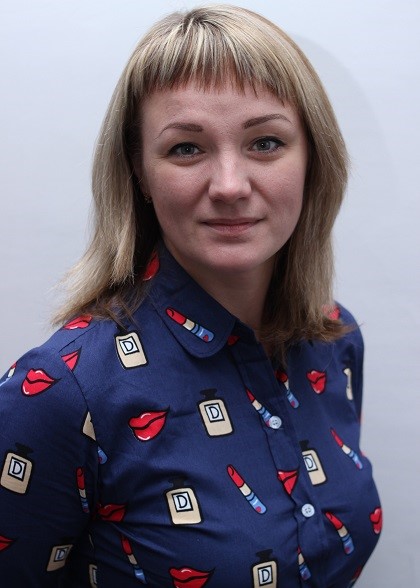Within implementation of project-based learning, the Department of Linguistics and Translation at the SUSU Institute of Linguistics and International Communications together with Russian Electric Motors (REM) JSC is launching an educational project entitled “Linguistic support of manufacturing processes”. Implementation of the project is scheduled for academic years 2019-2021.
The purpose of project-based learning is creating motivation and training of students to perform professional activity by forming competencies necessary for solving various scientific and practical problems.
Ordering customer of the project is Russian Electric Motors JSC plant in the city of Chelyabinsk, which has been established to fulfill an assignment by the President of Russia to localize manufactures at the country’s territory in order to ensure independency of industries which are the most crucial for the economy from the influence of external factors.
.jpg)
The Company performs advanced high-tech manufacture. It is equipped with more than 200 items of contemporary equipment, among which 83 items are unique high-precision equipment. In the future, products of the new plant can be used for petroleum and gas industries, shipbuilding, electric power industry and other industries in Russia. The plant is capable of not only satisfying the needs of Russian enterprises but also releasing products that are competitive in the world market.
Russian Electric Motors Joint-Stock Company is a joint enterprise of Transneft PJSC (51%) and Konar JSC (49%). Italian Company Nidec ASI S.p.A. (Italy) – one of the world’s leaders in manufacture of high-voltage electric motors - is acting as the company’s partner. It provided REM JSC with the necessary technologies on development and production of electric motors, and organised internship for employees.
Representatives of the Institute of Linguistics and International Communications within the project are academics of the Department of Linguistics and Translation: Associate Professor, Candidate of Sciences (Pedagogy) Elena Teleshova, who is the leader of the project, and postgraduate student, academic Ekaterina Shefer, who is the project leader’s assistant. 4th-year students of specialisation 45.05.01 “Theory and Practice of Translation” majoring in Linguistic Support of Interstate Relations (5 people) take direct part in the project as well.
|
Elena Teleshova |
Ekaterina Shefer |
Each participant of the project is responsible for linguistic support of certain operation procedure for manufacture of electric motors:
- Stamping of details;
- Mixing of details;
- Production of motor winding;
- Assembling of electric motors;
- Testing of electric motors.
Content of the project includes the following types of activity:
- Studying scientific material on engineering in Russian upon one of the proposed topics and compiling an abstract. Result: defense of the abstract on the chosen topic in Russian.
- Studying scientific material on engineering in English upon one of the proposed topics and compiling an abstract. Result: defense of the abstract on the chosen topic in English.
- Making a detailed glossary on a proposed topic with detailed explanations (Russian-English-Italian). Result: the glossary.
- Translation of manuals and engineering documentation on provision of manufacturing processes. Result: translated text of documentation.
The project is of interdisciplinary nature. It is being implemented within such study subjects as Lexicology, Practical course of translation in writing, Practical course of translation of the second foreign language, Life safety, Information technologies in linguistics, etc.
Participation in the project will contribute to formation of professional translator competencies among students under conditions of international communication. The project will allow students to develop their skills in working with various information sources and technologies. They will also learn to perform the search, storage, processing and analysis of information from various sources and databases, as well as present it in the required format with the use of information, computer and network technologies, master the standard methods of typing on a computer and text editing in Russian and foreign languages; apply their knowledge of two foreign languages for completing professional tasks; carry out pre-translation analysis of written and verbal text, contributing to correct comprehension of initial saying; apply translation transformations for achieving the necessary level of equivalence and representativeness when performing all types of translation; carry out post-translation self-editing and final editing of the translated text; develop skills of self-management, self-education, working in a team, etc.
Upon results of the project, students will be able to get on the list of cadre reserve of the company and get employed in the future.






